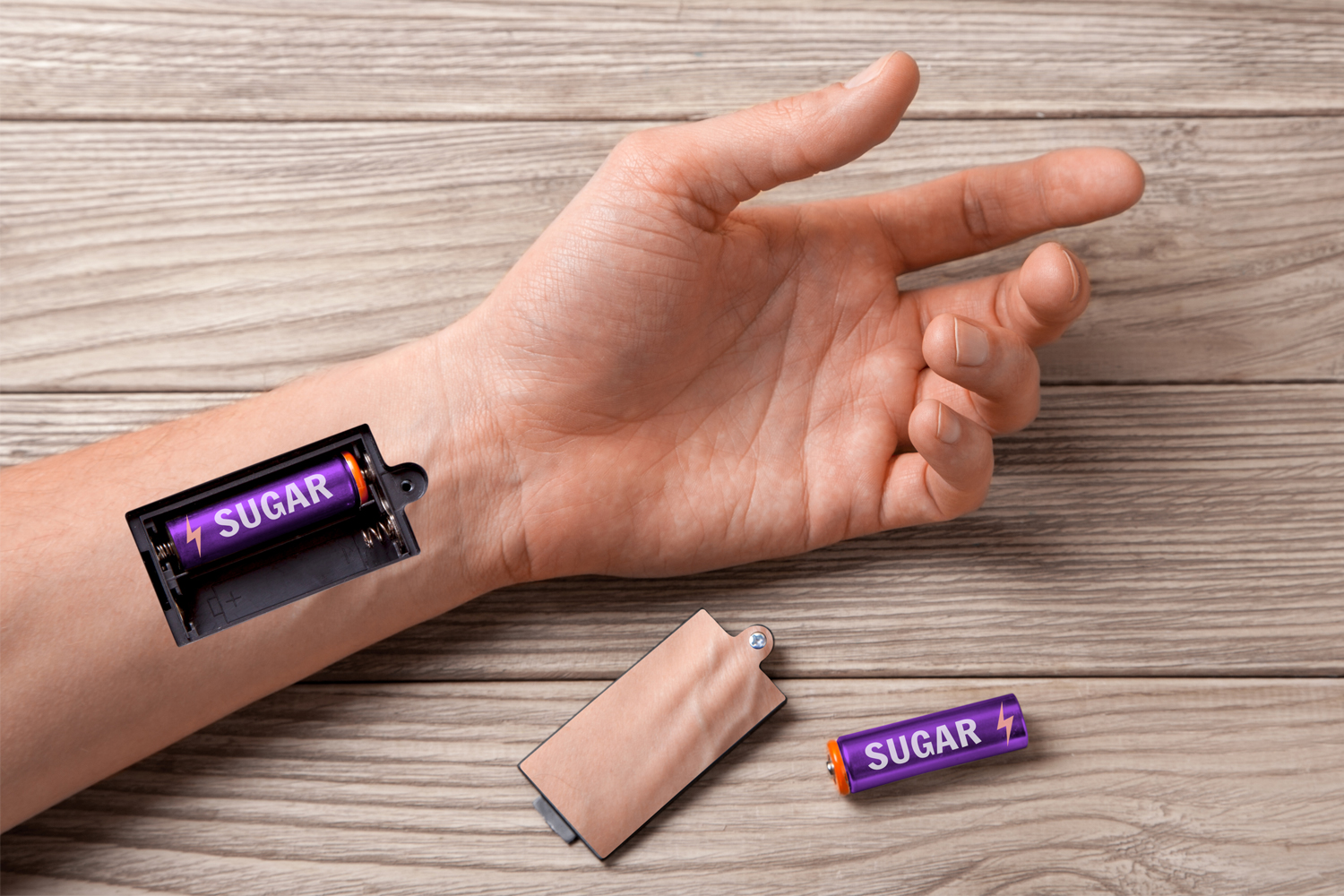Let me preface this by saying that I am both a sugar-addict and an emotional eater. But after gaining 90 pounds in two years from stress eating and pregnancy, I was starting to face a future wrought with weight-related health problems. I had to give it up. And I learned it is possible!
Negative Effects of Sugar Consumption
Giving up an addiction is not easy, thanks to physical cravings and psychological baggage. The holidays can be especially tough, as so many warm, fuzzy traditions are wrapped around comfort food and sweets. So you have to work with your psychology and analyze your emotions and cravings. One thing that helps me keep on track is reminding myself about all the ways sugar is terrible for me until it stops feeling worth it. So here are some not-so-fun facts about sugar to help motivate you!
- Sugar is classified as a hepatotoxin - “a toxic chemical substance that damages the liver.”
- When sugar hits your system, it is quickly turned into fat.
- When you consume sugar, it enters your bloodstream and your body produces insulin to bring your blood sugar levels back down. When you consume excess amounts of sugar, you get insulin-resistance, leading to diabetes.
- Sugar-highs are followed by crashes, so you crave more sugar a few hours later. Giving into one sugar craving opens the door for more.
- Cancer cells thrive on sugar and use it as food to replicate and grow.
- Sugar messes with leptin production, which tells you when you’re full. So eating sugar can lead to overeating other foods.
- Sugar sneaks into labels under many names: high fructose corn syrup, and anything ending in “-ose” on an ingredient label, i.e., fructose.
- Sugar is found in almost every processed food in the grocery store, including yogurts, pasta sauces, bread, ketchup, etc.
- Your brain gets fuel from two sources - glucose and fat. It functions better on fat, and excessive sugar consumption has been linked to anxiety, depression, and even schizophrenia, Alzheimer's, and Dementia. People with Traumatic Brain Injuries are encouraged to eat snacks high in healthy fat every few hours to improve brain function.
- Excessive sugar consumption may be as bad for your liver as excessive alcohol.
- Sugar is inflammatory and may contribute to stiffness and other health problems associated with inflammation, such as IBD and Crohn’s, arthritis, and asthma.
- Refined carbs, such as processed bread, pasta, and cereal, are immediately converted to fructose in your body; metabolically they are the same as eating sugar.
- Your body stores fat from sugar in the belly, leading to fatty liver disease and other serious health problems.
- Sugar contributes to obesity and health issues associated with being overweight.
- The American Heart Association recommends no more than 37.5 grams of sugar a day for men and 25 grams for women. That’s your average Yoplait yogurt. A 16oz Mocha Frappuccino has over 61 grams of sugar!
It is crazy to me that, even knowing all the health risks associated with sugar consumption, for the longest time I could still go binge-crazy on a pint of Ben and Jerry’s. To this day, I still have emotional triggers I have to be wary of to keep myself on track.
Keep on Track to Kick the Sugar Habit
But if you can make it through the first week or two (or three, or six) staying in control and just saying no until the cravings go away, you feel better, you look better, and food just tastes better. And for a lot of people, you don’t have to give up sugar entirely. You just have to find a way to keep yourself in check, whether it be strict rules, portion control, or counting calories. There is nothing wrong with experimenting a little to see what works for your psychology.
If you are thinking of giving it up, a little tip that helped me in the first few weeks was using the wonderful RidgeCrest Herbal’s Blood Sugar Balance, because it helps your body to moderate the peaks and lows of blood sugar between meals when your self-control is at its worst and your desire for more sugar is strongest. And yes, I really did use our product and yes, it really did help me.
Giving up sugar is definitely challenging. But if you do, you will feel better, look better, and move better. You may even lose weight. But most importantly, you are taking a huge step towards bettering your long-term health





